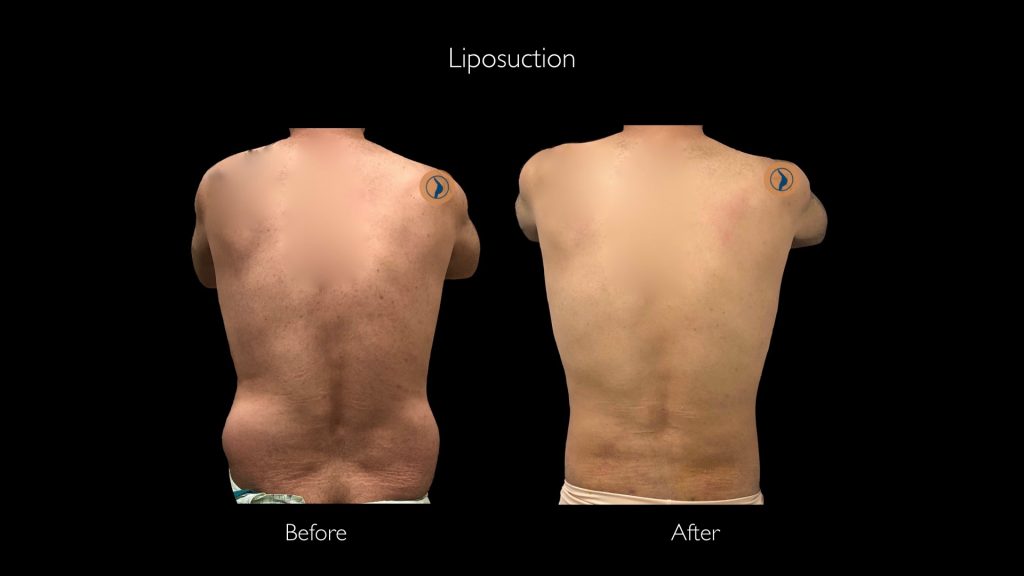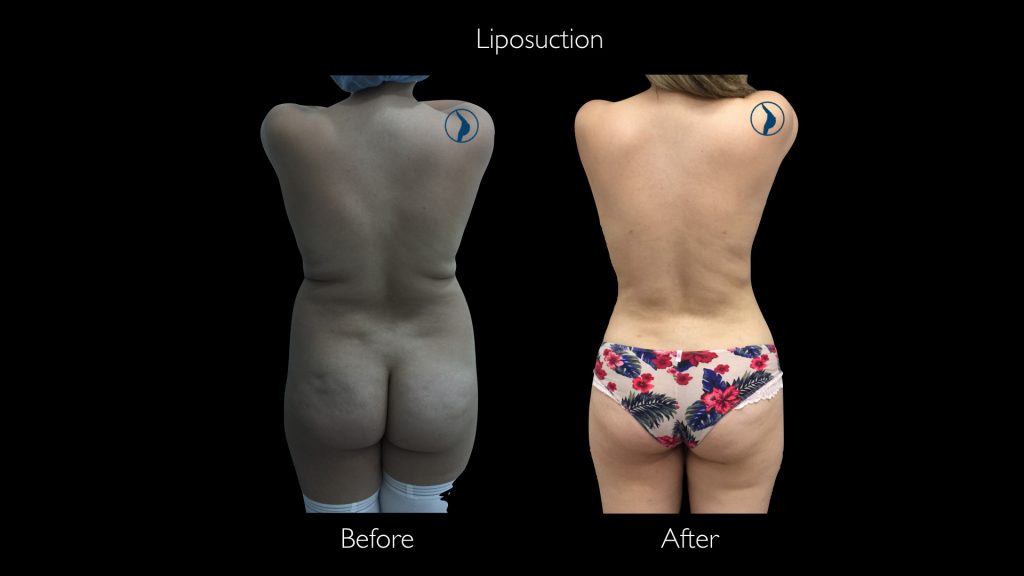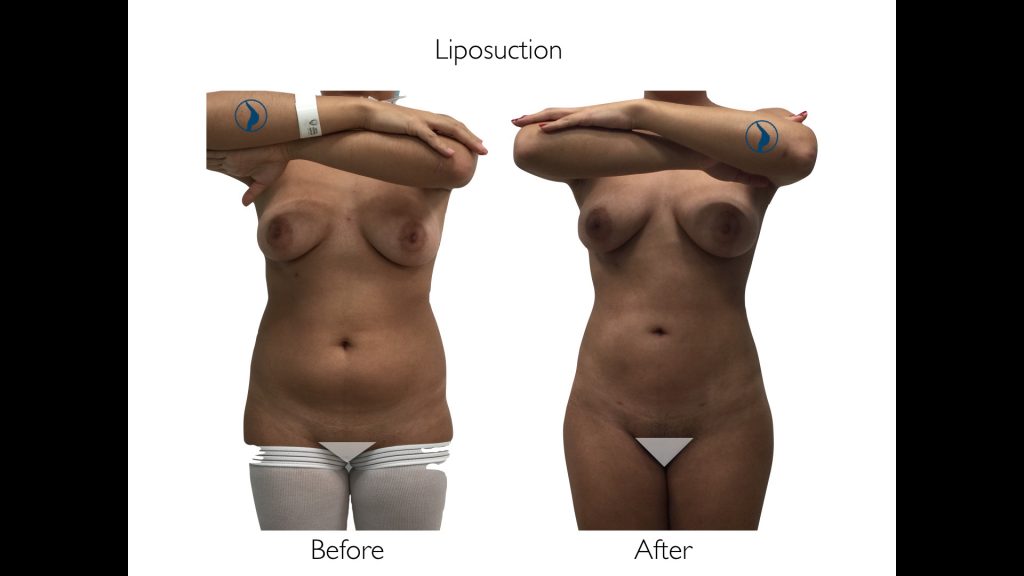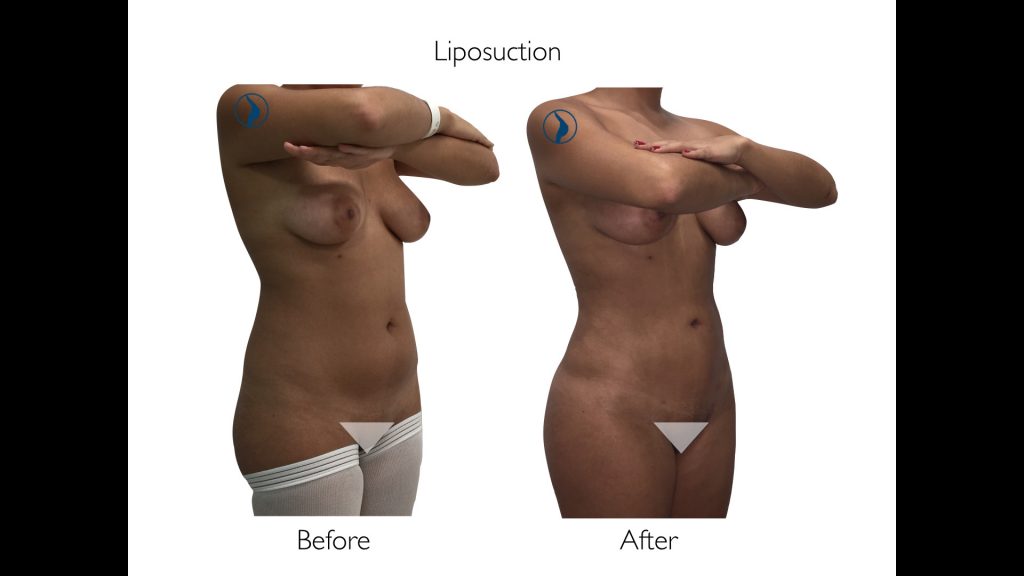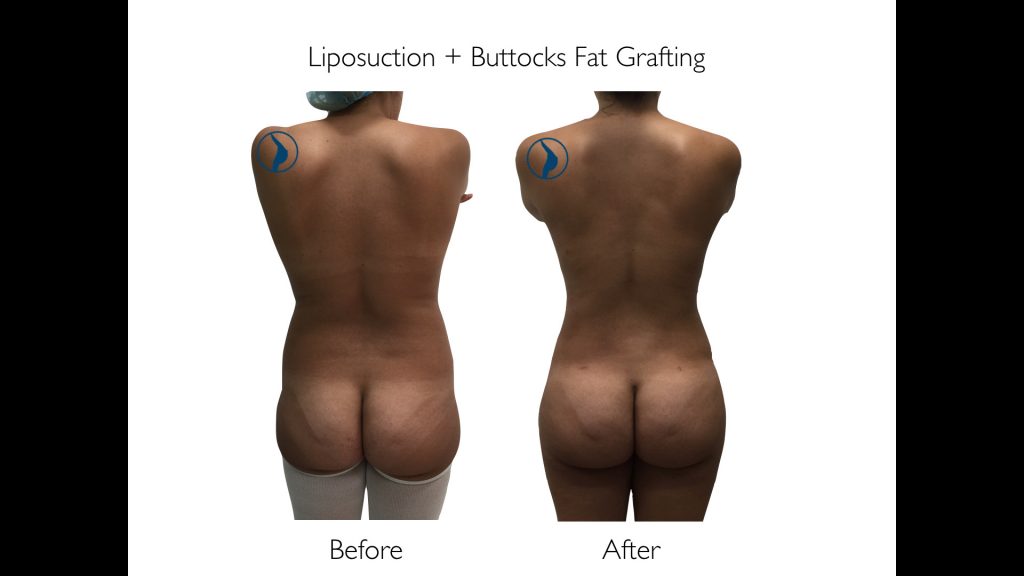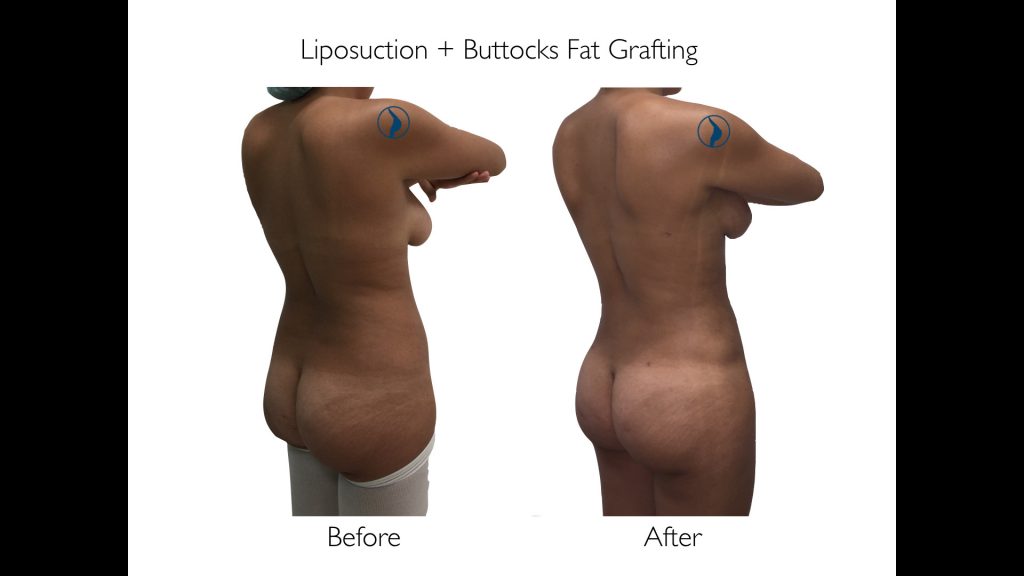Liposuction / Liposculpture
It is a procedure to remove unwanted fat deposits, that are resistant to diet and exercise, through a thin hollow tube (called cannula) connected to suction with the purpose of improving the body contour. Next, we will explain the most relevant aspects of liposuction that are most frequently discussed during the consultation.
Is there any classification for liposuction?
Yes, there are several ways to classify it; it is a topic that is always included in the first consultation in our practice. In general, it is classified according to the volume of fat removed, the area to be aspirated, the way the fat is prepared before being aspirated, whether energy such as laser, ultrasound, radiofrequency or cold is used simultaneously and whether or not refinements are performed to give definition to arms, abdomen or pectorals.
Is there any type of liposuction that is better than another one, such as laser liposuction?
Each liposuction technique has advantages, disadvantages, risks and benefits; the choice of which technique to use must be individualized for each patient based on the area, risk of fibrosis, burn, flaccidity and cost.
Can liposuction be performed on several areas in one surgery?
Yes, for practical purposes the volume of fat to be aspirated is more relevant than the number of body areas to be aspirated.
What are the areas most frequently treated with liposuction?
The mostfrequently treated areas are: upper and lower back, waist, anterior abdomen, buttocks, hips, thighs, arms and under the chin. Nowadays, it is more common to perform liposuction in combination with other plastic surgery procedures such: abdominoplasty, arm lift or thigh lift.
Is a consultation necessary before surgery?
A consultation between patient and surgeon is essential before the surgery to evaluate the condition of the skin, the existence or not of sagging and excess skin that in case of a liposuction is crucial to determine and decide whether the procedure is viable or not.
It is also important to prepare a checklist (list of requests) that list what patients expect to get in the final result.
Can I suggest or request to my surgeon the areas where I want liposuction to be performed?
Yes, let’s remember that the concept of beauty is subjective and different from person to person and at the end of the day it is the patient’s preference that should prevail in the final result of the surgery.
What kind of anesthesia is used for liposuction?
In our experience regional anesthesia (block) is the most frequent type of anesthesia (80% of cases), followed by local anesthesia with sedation (18% of cases) and finally general anesthesia (2% of cases). The advantages and disadvantages of these types of anesthesia are always discussed in preoperative consultation.
How long does it take to perform liposuction?
It depends on the extension of the area to be treated and the volume to be removed, if it requires refinements such as soft definition or abdominal, pectoral or arm marking; if laser is used or not, etc.
The minimum time needed for a liposuction is 1 hour for a reduced area, up to 3.5 hours for cases involving several areas and changes in the patient’s position during surgery.
Is liposuction a weight loss procedure?
Contrary to popular belief, liposuction is NOT a weight-loos treatment. Instead, liposuction removes fat permanently and makes people look slimmer and in many cases will make patients show the best body shape they have ever had.
Can I gain weight after liposuction?
Unfortunately YES. Body fat storage responds to excess energy (calories) grafted in and/or an inability to «burn» the excess calories we eat/drink, and not to a liposuction done well or poorly.
What happens if I gain weight after liposuction, will the love handles come back?
Sadly yes, excess energy that is introduced into the body in the form of food or drink after liposuction is performed will be stored as body fat. The place where fat will be strored depends only on the genetics of each patient, not the surgeon. It is difficult for the same fat deposits to return after liposuction, but not impossible. Although there is no pattern to fat storage after liposuction, it is best for patients to maintain a stable weight and engage in regular physical activity.
Is recovery the same for everyone?
No. In general, the duration of recovery is directly related to the volume and extent of the aspirated areaduring yourn liposuction recovery is necessary to use a compression garments for 4-8 weeks in the postoperative period.
Can I have surgery if I suffer from any disease and take medication?
Yes, this decision is subject to the criteria of each plastic surgeon, but for us it is possible. Any patient can undergo this procedure as long as her disease is controlled and under treatment (frequent examples are diabetes mellitus, hypertension, hypothyroidism).
Do I need to stay overnight in the hospital?
Not always. Mild cases, in which a localized area is aspirated, can be treated as outpatients. In extensive cases or those requiring significant liters of aspiration, may be required to stay in the hospital overnight.

